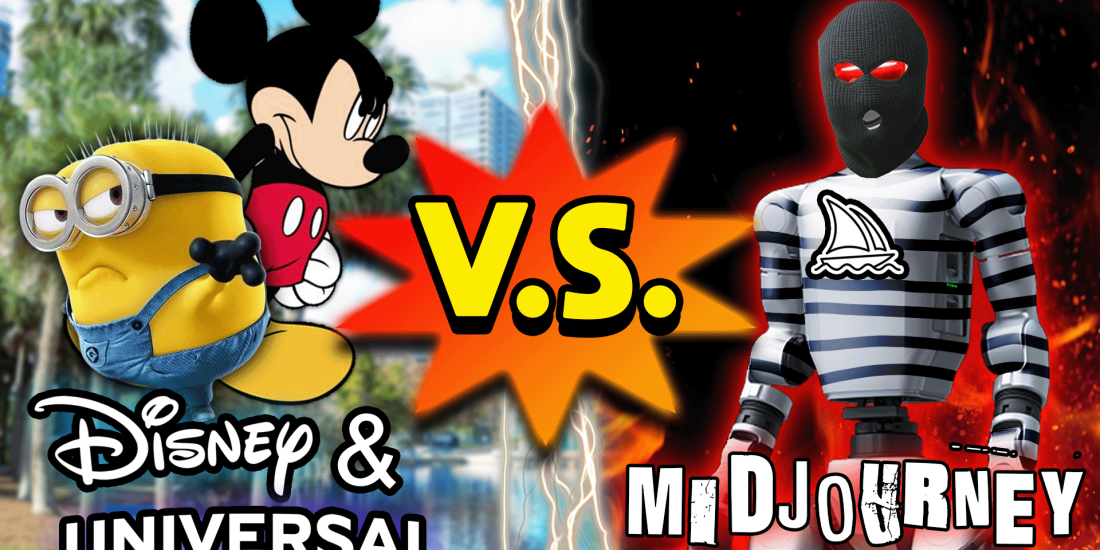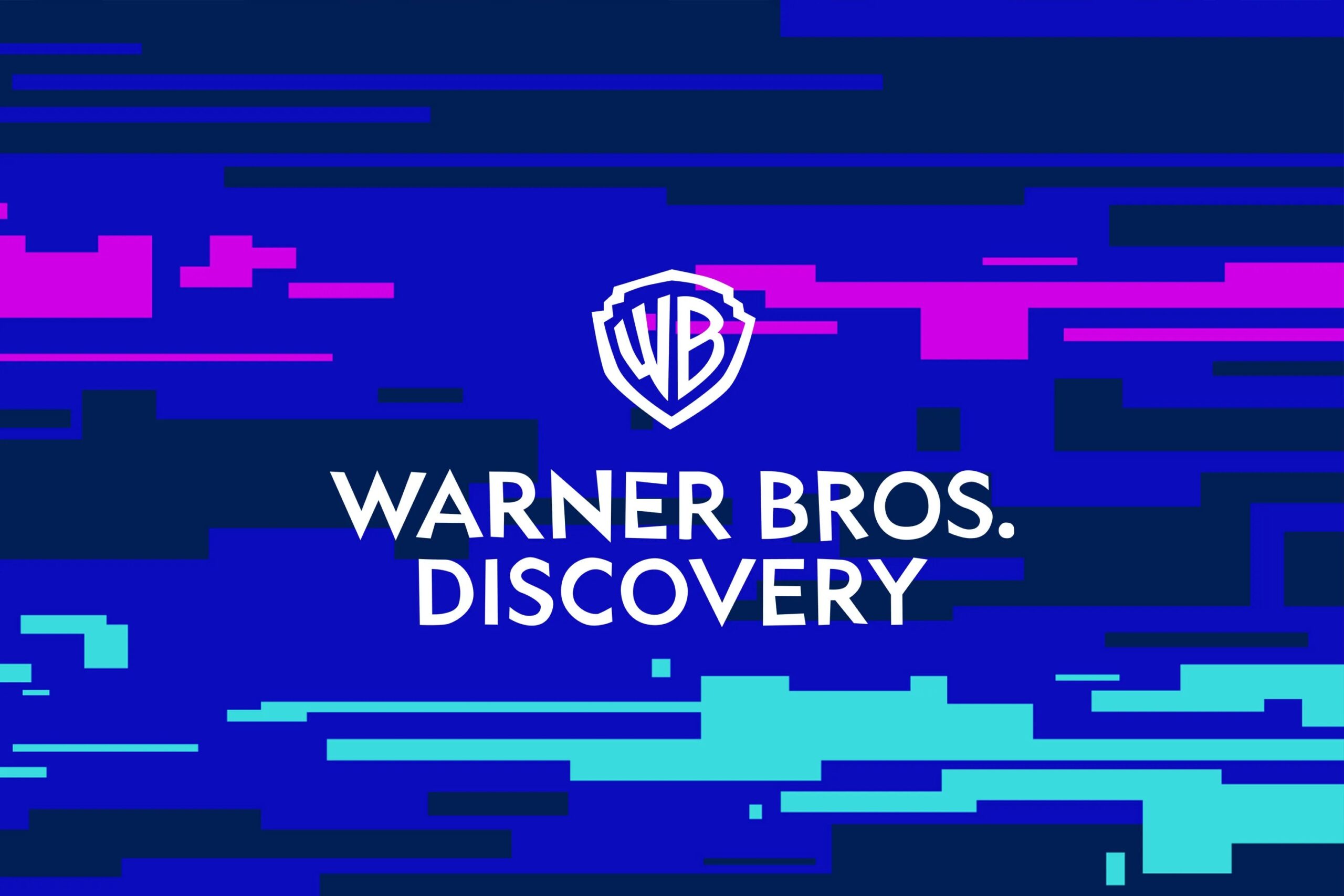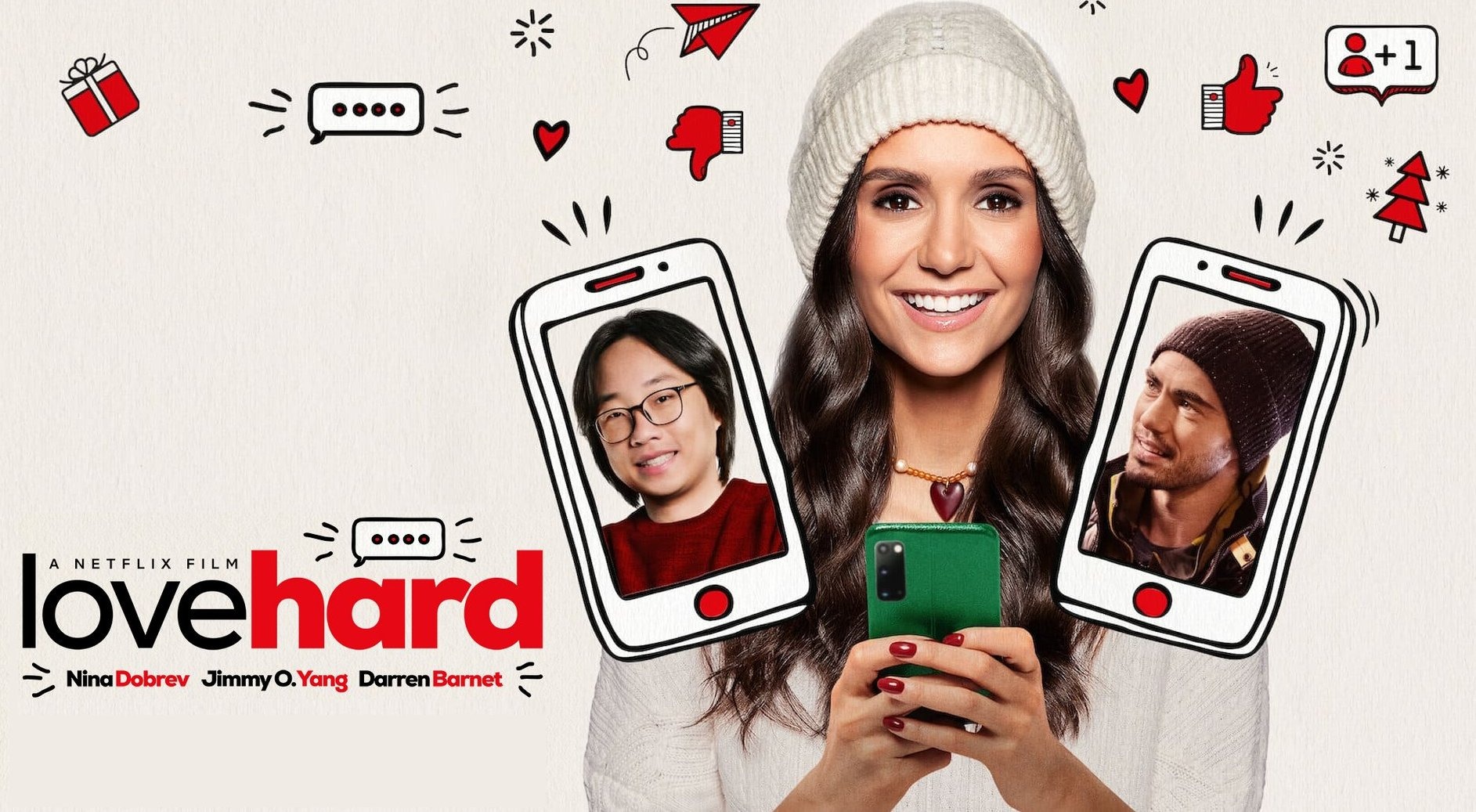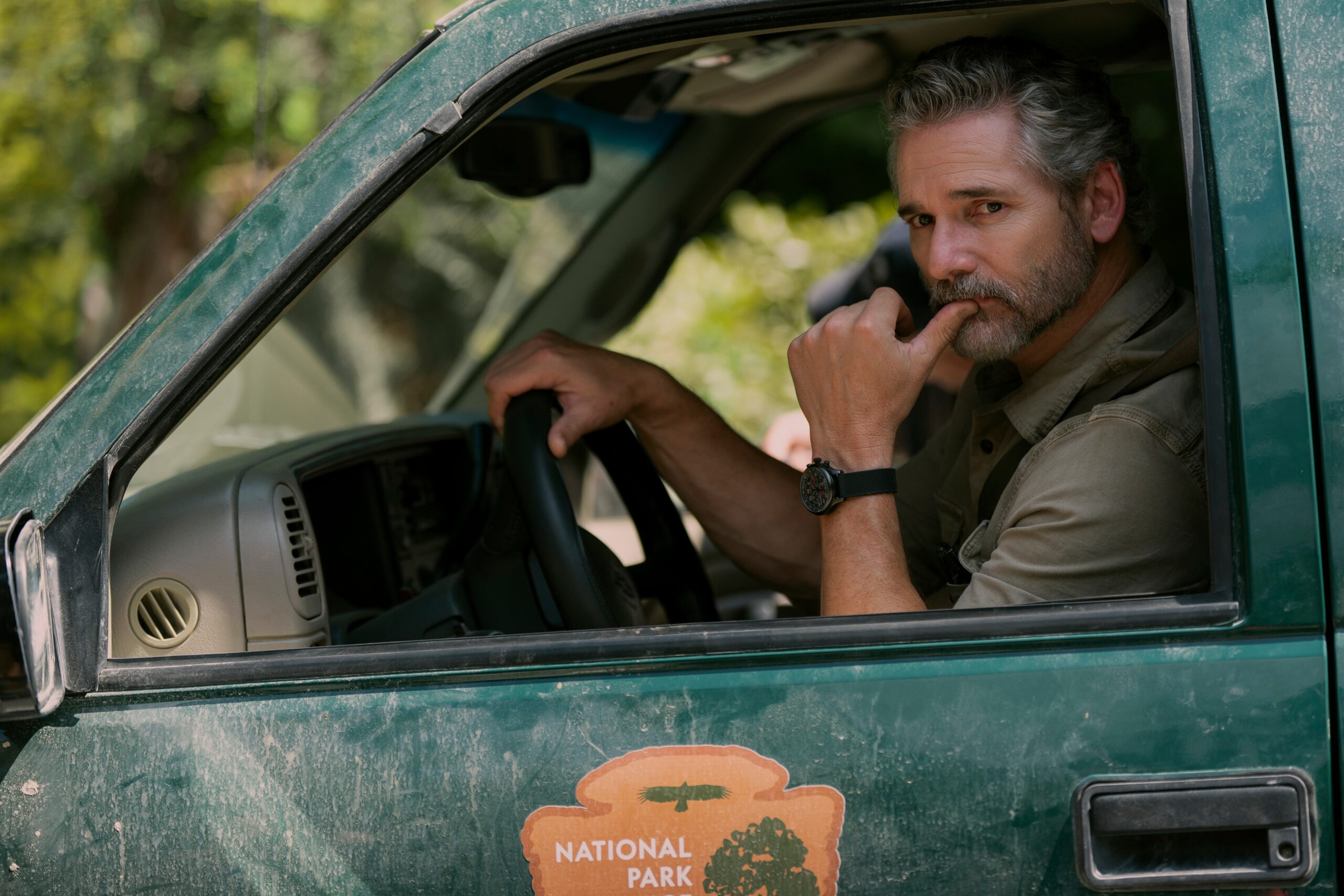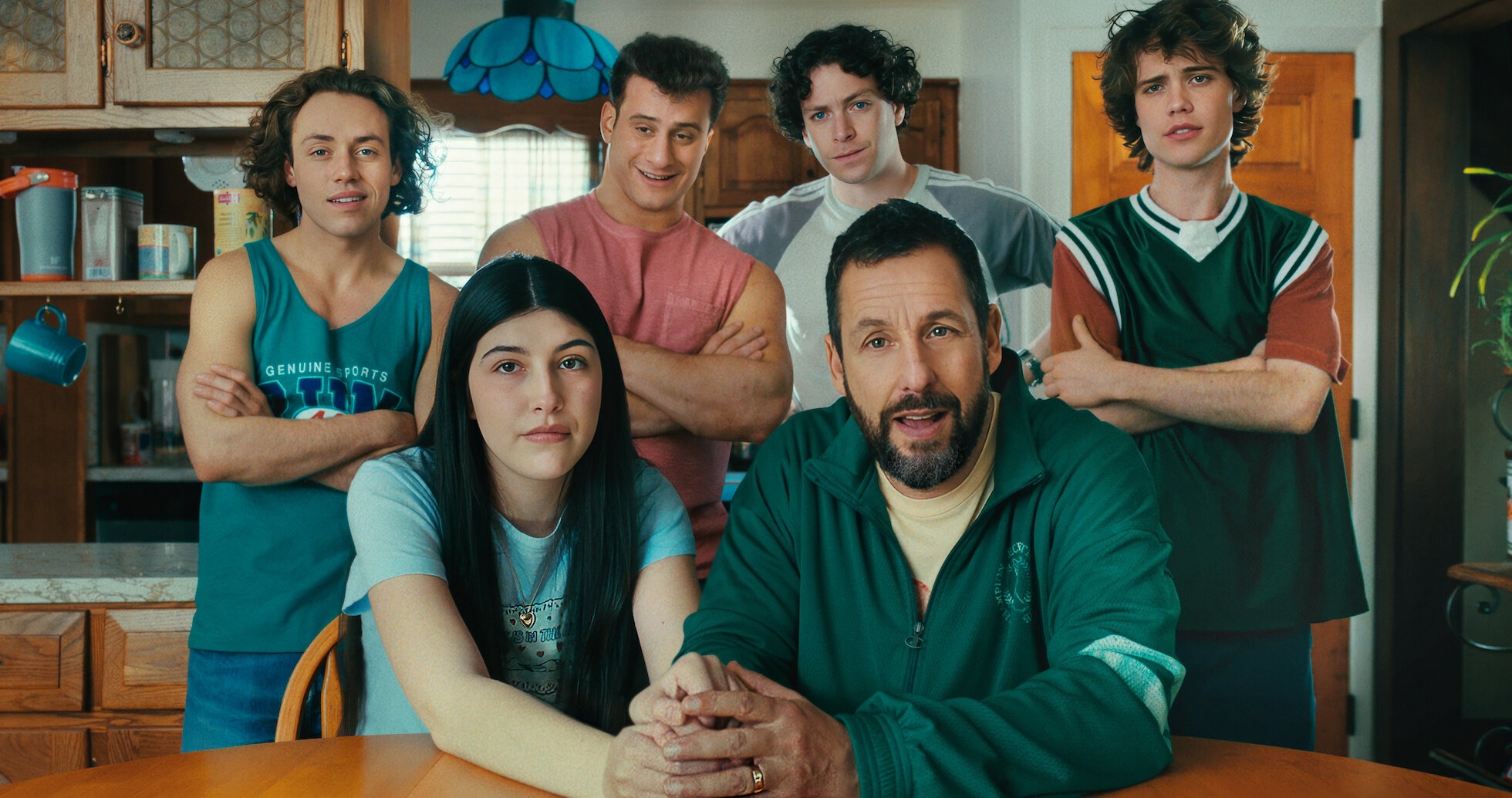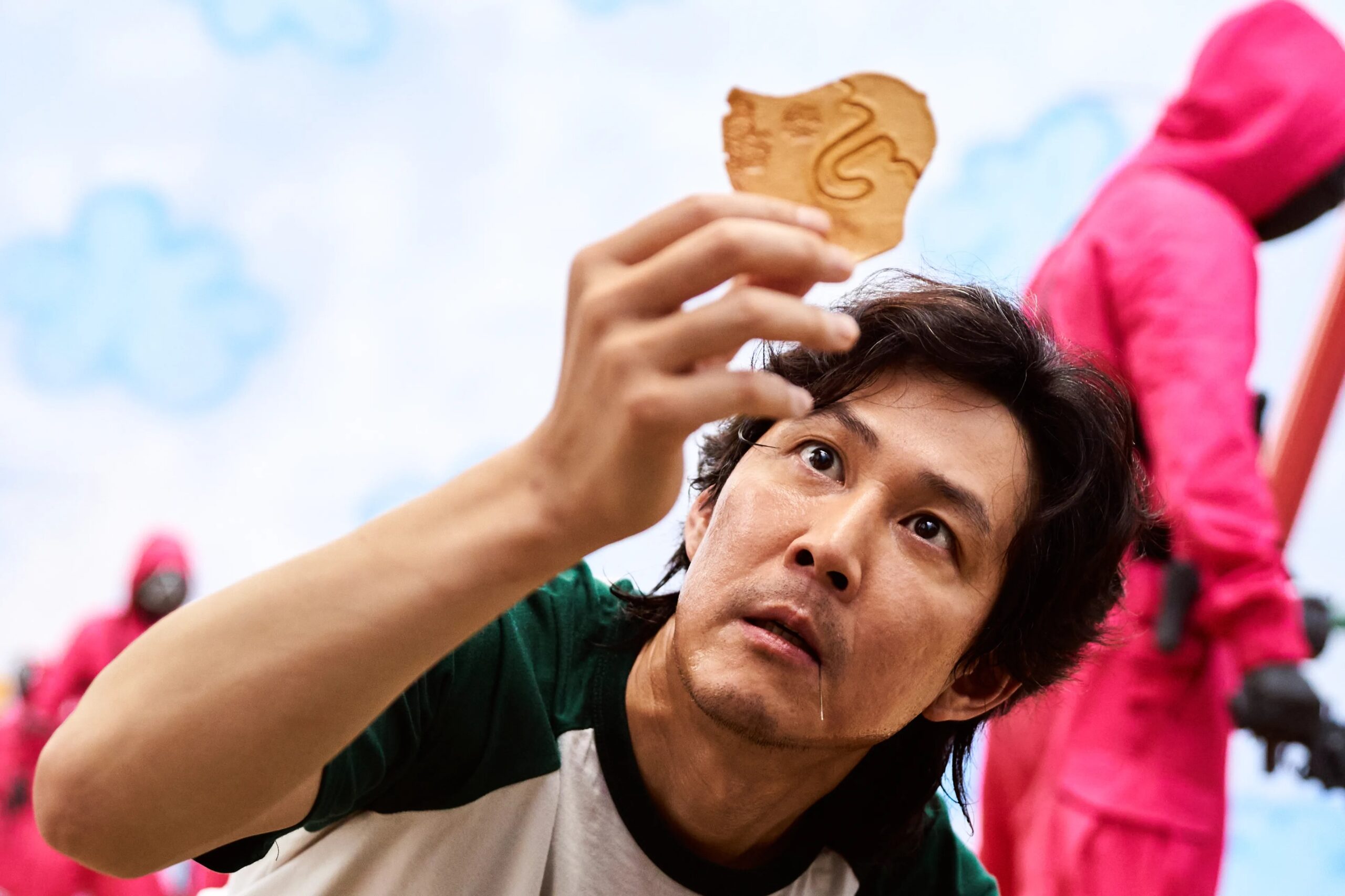A Long‑Awaited First Shot
Eighteen months after The New York Times sued OpenAI, Disney’s AI lawsuit—filed in tandem with Universal against image‑generator Midjourney—finally arrived.
The studios allege a “bottomless pit of plagiarism” after the start‑up trained its model on Shrek‑ and Yoda‑like images.
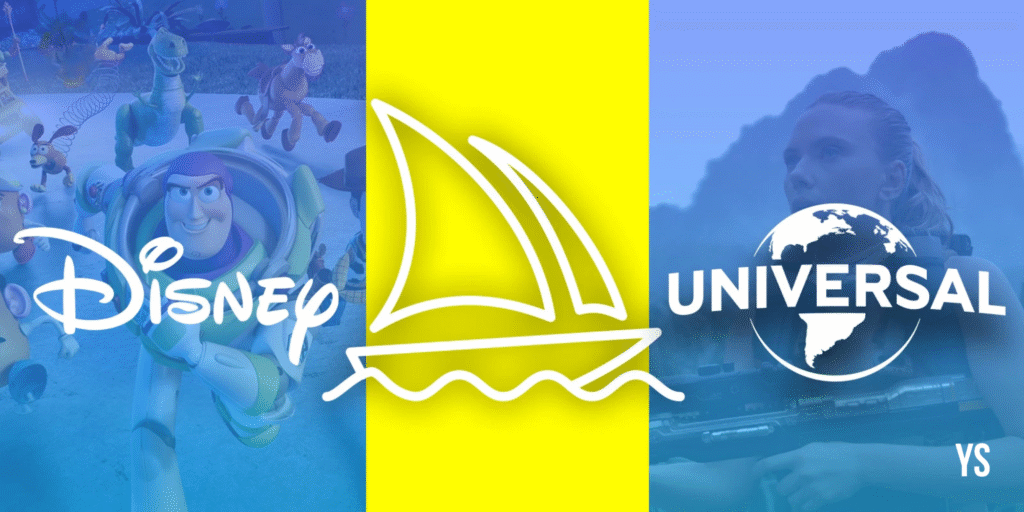
“Piracy is piracy,” Disney chief counsel Horacio Gutierrez declared in a rare public statement.
Why the Case Matters More Than Money
Hollywood has watched news publishers strike licensing deals while courts rejected fair‑use defenses from AI firms.
By choosing litigation, Disney is drawing a line: unfettered scraping of studio IP threatens the very purpose of a film studio.
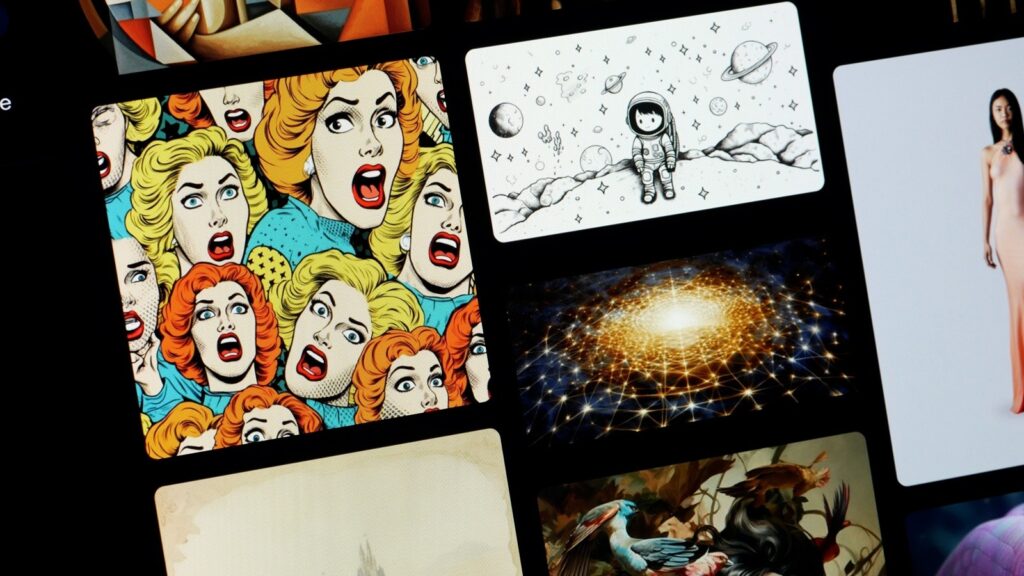
As one veteran executive puts it, “If anyone can summon a Yoda clone with a prompt, why pay us to build Star Wars?”
Three Paths and Their Consequences
Disney’s AI lawsuit could unfold in only three broad ways:
- Settlement: Midjourney (and, inevitably, larger operators) pay for past infringement and license future use. Result: the models continue ingesting Hollywood IP; studios pocket cash but cede creative turf.
- Loss: A judge rules that training on studio works is fair use. Outcome: same as above—only cheaper for tech firms.
- Win: The court bars AI companies from scraping studio catalogs without consent. Effect: Hollywood preserves control, but the business forfeits short‑term licensing revenue and risks alienating next‑generation storytelling tools.
What’s Really at Stake
A settlement or loss nudges the industry toward a world where content creation is democratized—automated, commoditized, and largely outside traditional studios.
TikTok creators armed with gen‑AI would pump out bite‑sized blockbusters; boutique filmmakers might flourish on the fringes, but the legacy “dream factory” model fades.
A legal victory, by contrast, preserves scarcity. Only the rights holder—Disney, Warner, Sony—could feed Mickey Mouse, Shrek, or Baby Grogu into an algorithm.
Studios remain the engines of mass‑market entertainment, at least until the next technological fault line.
The Irony of Studio Ambition
Executives privately concede the dilemma: they want the power of AI to shrink costs and turbocharge VFX, but the models are useful only if trained on the very assets they refuse to share.
“Build us an Avatar sequel for half‑price,” one production chief quipped, “just don’t look at Avatar to do it.” A classic Catch‑22.
Why Midjourney Was the First Target
Midjourney is nimble but lightly capitalized—an easier adversary than OpenAI or Google.
Legal strategists believe an early win against a smaller player sets precedent before tackling deeper‑pocketed giants.
Should Disney prevail, Google Gemini and ChatGPT will face a stark choice: strike rich licensing deals or risk wholesale retraining.
Industry Reactions: Quiet Applause—and Quiet Panic
Guild leaders, still bruised from last year’s AI bargaining, praised the filing.
Streaming rivals, wary of discovery requests that could expose internal AI experiments, offered cautious support.
Meanwhile, Wall Street analysts warned that prolonged litigation could delay cost‑saving AI deployments and dent 2026 earnings guidance.
Reading the Bench
The Disney’s AI lawsuit lands in the Central District of California, a jurisdiction well‑versed in IP and sympathetic to entertainment interests.
Yet recent fair‑use rulings show judges balancing creativity’s future against transformative tech. A decisive motion may arrive by late 2025; trial could slip into 2027.
What Disney Needs to Prove
- That Midjourney copied “substantial, protectable expression,” not just style.
- That model outputs are “derivative works,” not transformative parodies.
- That training ingestion itself—before any output—constitutes infringement.
A favorable ruling on that last point would remake AI law; an unfavorable one could render future suits moot.
Betting on Tomorrow
Bob Iger built his legacy by expanding Disney’s creative empire, not dismantling it. Insiders say he views Disney’s AI lawsuit as a legacy play: fight now or preside over a slide into mere IP licensing. At 73, he may prefer the gamble.
Yet investors whisper about “plan B”: maximize licensing fees, spin off production overhead, and lean into parks, gaming, and consumer goods. The lawsuit, in that light, is both shield and bargaining chip.
Beyond 2026: Two Hollywoods, One Decision
A courtroom victory keeps studios at the creative center, though perhaps with AI sidecars. A loss ushers in a diffuse, algorithm‑fueled ecosystem where the next Frozen is co‑authored by fans and synthetic models. Either path redraws the map.
“This isn’t just an IP fight,” says one studio lawyer. “It’s a constitutional debate over who tells stories in the twenty‑first century.”
Bottom Line
Disney’s AI lawsuit is more than another skirmish in the generative‑AI wars; it is a referendum on the role of legacy studios in the age of synthetic creativity. Whether Disney wins, loses, or settles will define Hollywood’s next century.

